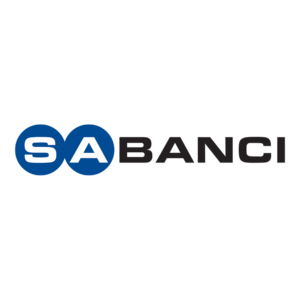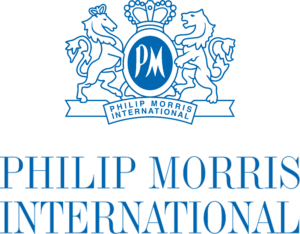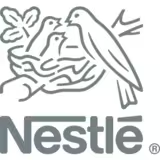Bespoke education
Achieve impact through tailored learning programs delivered by leading experts
Unlock sustainable growth today
Benefit from proven expertise at the forefront of sustainability
Create sustainability training programs tailored to your needs
Arrange and deploy training when and where it is needed
Trusted by







Our bespoke programs
Discover how our tailored programs can empower your teams to lead with purpose
Inspire and inform business leaders
Leverage WBCSD’s expertise to engage your board or C-Suite on key sustainability topics.
Operationalize sustainability
Equip your teams with the knowledge, tools and frameworks to integrate sustainability into daily operations.
Embed ESG into corporate governance
Build competencies around ESG-related risk management.
Team building for impact
Empower teams to collaborate and lead sustainable change through focused development.
Our four steps to meeting your education needs
Direction-setting to clarify your needs and define learning outcomes.
Diagnosis of your sustainability context and challenges to inform curriculum development.
Design of your tailored program that matches your requirements.
Delivery of engaging sessions led by our sustainability experts.
What sets us apart
Unlock unique insights
Benefit from the expertise of WBCSD’s network of thought-leaders
Align training with impact
Implement customized education programs that align with your strategic objectives
Maximize Results and ROI
Track real outcomes that boost ROI and show the value of your investment.